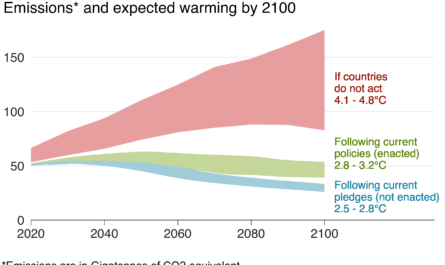
A U.S. judge has ruled that the criminal case against Roman Storm, one of the key developers behind Tornado Cash, will proceed to trial on December 2. Storm, a notable figure in the cryptocurrency space, faces up to 45 years in prison if convicted on charges of conspiracy to commit money laundering and violating U.S. sanctions. His trial, which has drawn significant attention from the blockchain community, will be a crucial moment for the broader discussion surrounding decentralized finance (DeFi) and privacy tools within the cryptocurrency ecosystem.
The decision to move forward with the trial comes as part of a larger crackdown on Tornado Cash, a popular cryptocurrency mixing service that the U.S. government alleges was used to facilitate the laundering of illicit funds, including proceeds from hacking and other cybercriminal activities. Tornado Cash enables users to obscure the origin and destination of cryptocurrency transactions, making it difficult for regulators to track the flow of funds.
Storm, alongside other developers involved with Tornado Cash, was arrested in August 2023 after being accused of aiding cybercriminals, including the North Korean hacking group Lazarus. The group has been responsible for several high-profile cyberattacks and is believed to have laundered millions of dollars in stolen cryptocurrencies through Tornado Cash. The U.S. Treasury Department has sanctioned Tornado Cash, citing its role in enabling criminal activities and undermining national security.
The charges against Storm include conspiring to commit money laundering and violating the International Emergency Economic Powers Act (IEEPA), a law that grants the U.S. government broad powers to impose sanctions in response to national security threats. Prosecutors argue that Storm knowingly aided in the development and promotion of Tornado Cash, fully aware of its potential use by malicious actors.
Storm’s legal team, however, is contesting these allegations, claiming that Tornado Cash is a decentralized platform that cannot be held accountable for how individuals use the service. They argue that Storm had no direct involvement in criminal activities and that the platform was designed to enhance privacy, a fundamental principle of blockchain technology. Privacy advocates in the crypto industry have also rallied behind Storm, warning that the case could set a precedent for how developers of open-source software are treated by law enforcement.
The case has sparked a heated debate within the cryptocurrency community over the balance between privacy and compliance with government regulations. While blockchain technology was initially praised for its transparency, tools like Tornado Cash complicate regulatory oversight. Cryptocurrency mixers, which combine multiple transactions to obscure the trail of funds, have long been a controversial issue in the crypto space. Proponents argue that they are essential for protecting user privacy, particularly in a financial system where transaction data can be easily traced. However, regulators have increasingly focused on their potential misuse by criminals, terrorists, and sanctioned entities.
Tornado Cash, in particular, has been a focal point for regulators as they step up enforcement actions against entities operating in the DeFi space. According to the U.S. government, Tornado Cash has been linked to billions of dollars in illicit transactions, a claim that has intensified scrutiny on the platform and its developers.
In Storm’s defense, many in the industry highlight the decentralized nature of the platform, which operates without a central authority controlling its operations. Supporters argue that this makes it difficult, if not impossible, to hold individual developers accountable for how users interact with the platform. However, critics of this defense point to the fact that Tornado Cash’s smart contracts were developed and maintained by a team of engineers, implying that they had a responsibility to ensure compliance with legal frameworks.
The outcome of Storm’s trial is likely to have broader implications for the crypto industry, particularly in the development of privacy tools and the role of developers in ensuring regulatory compliance. Industry experts warn that if Storm is found guilty, it could deter innovation in the DeFi space and lead to increased pressure on developers to incorporate anti-money laundering (AML) and know-your-customer (KYC) protocols into their platforms.
Storm’s co-developer, Alexey Pertsev, also faces similar charges in the Netherlands. The case against Pertsev, who was arrested in August 2023, has attracted widespread criticism from the global crypto community, with many arguing that the arrest of developers for creating open-source software sets a dangerous precedent. Pertsev’s trial is scheduled to begin early next year, adding to the growing tension between privacy advocates and regulators.
As the trial date approaches, the case against Storm continues to draw attention from legal experts, industry insiders, and privacy advocates alike. The case highlights the delicate balancing act between technological innovation and the need for regulatory oversight in a rapidly evolving financial landscape. The legal battle over Tornado Cash is seen as part of a broader struggle over how to regulate the decentralized world of cryptocurrency without stifling innovation.




